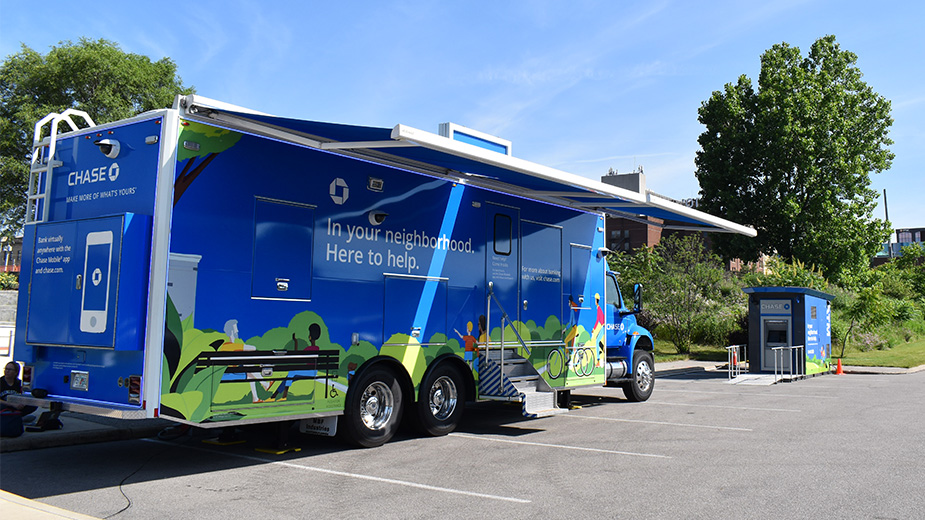PNC Report: ‘Sandwich Generation’ Lacks Emergency Savings
PITTSBURGH — Despite actively saving and preparing for retirement, members of the sandwich generation report they have been unable to build robust emergency savings and retirement account balances primarily due to the strain of financially supporting other family members.
Nearly four in 10 (38%) indicate they do not have an emergency savings fund, and a third have less than
The demographic is acutely aware of its financial shortcomings, but instead of that knowledge spurring action, the stress of the responsibility is overwhelming to the point of creating an unpreparedness for the future.
“Our survey revealed that many members (29%) of the sandwich generation would prefer to bury their heads in the sand and avoid thinking about their finances,” said
Thirty-eight percent of survey respondents report that they do not have an emergency fund, and another 31% have an emergency fund that would last less than six months.
More than half of respondents have
“We can see that the sandwich generation is struggling to save for their own needs. When you add in the demands associated with financially supporting children and/or elderly family members now or in the future, it paints a very grim picture for this demographic’s future unless they take immediate action,” Ramassini said.
Of the respondents who report that they currently have financial responsibilities for both parents/elderly family members and children of any age are 8%; and 45% are financially supporting either children or parents/family members; and 47% do not have any financial obligations to other family members.
Respondents who support children under the age of 18 are 25%, whereas 17% support adult children over the age of 18 and 16% are currently caring for parents or elderly family members, though almost double (32%), expect to care for an elderly family member within the next five to 10 years. However, only one in five respondents have actually planned for those expenses.
“Because Americans are living longer, their expenses in retirement will only increase. Whether it’s day-to-day expenses, the cost of healthcare or other needs, retirement is expensive,” Ramassini said. “Unfortunately, many retirees will be relying on their adult children to supplement their income in retirement. Yet we see that Americans are largely unprepared to assume those expenses, and most of them don’t expect to financially support family members. Unfortunately, that’s wishful thinking.”
The survey indicated that respondents who support parents or elderly family members are more stressed than those who are supporting children under age 18, though respondents with multi-generational financial responsibilities report being twice as overwhelmed as those who do not have financial responsibilities for children or elderly family members.
The survey also asked respondents to report whether or not they had a financial plan (written or informal) and/or a financial advisor. Very few (16%) have a formal financial plan, though 51% indicate they have an informal plan.
The results found a correlation between having a financial plan and stress levels.
Respondents without a plan (61%) reported feeling stressed about their finances, compared to 24% of those with a written plan who indicated they felt the same.
Similarly, 44% who do not have any type of financial plan say they would rather not think about their financial responsibilities. Less than a fifth (17%) who have a written plan feel the same way.
“A financial plan will not only help you document what you need to do in order to achieve your goals, but now we also know that it can influence people’s emotions and confidence,” Ramassini said. “The best strategy to feel more financially prepared and have a greater chance of reaching your goals is to work with a financial planner who can create a personalized plan that incorporates your unique situation, objectives and habits.”
SOURCE: PNC Financial Services Group Inc.
Copyright 2024 The Business Journal, Youngstown, Ohio.


